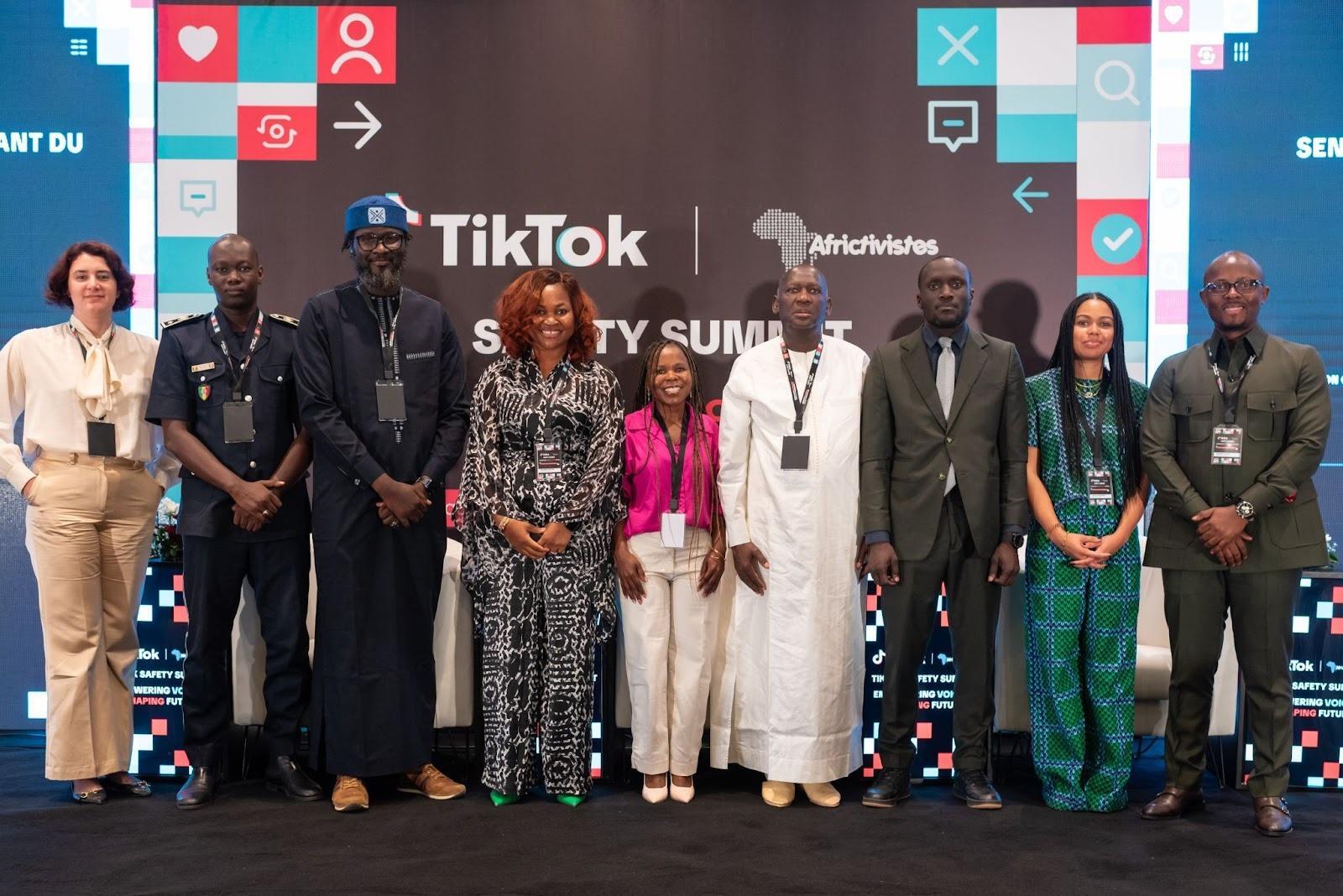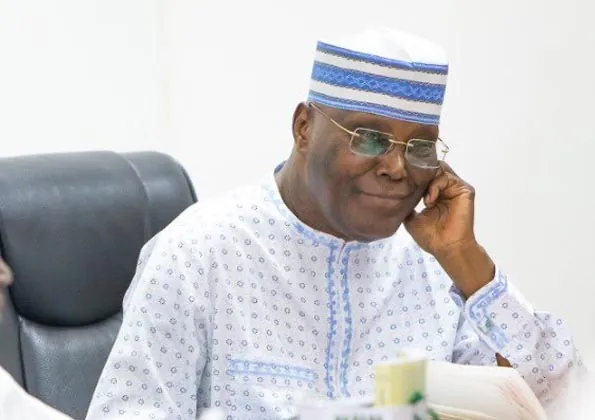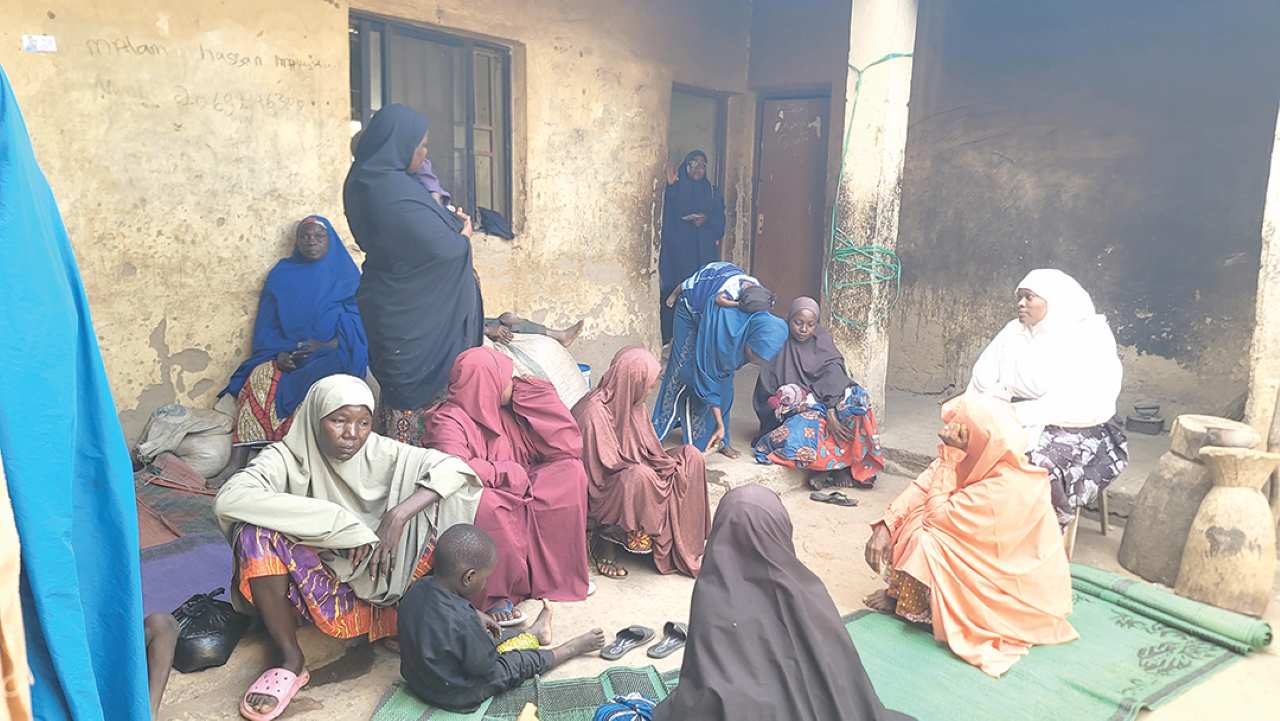With six days left before its 30-day ultimatum to the Federal Government expires, the Nigerian Association of Resident Doctors (NARD) has listed 19 unresolved welfare and administrative issues affecting its members across the country.
In a communiqué made available to The Guardian on Monday, and signed by its Secretary General, Dr Shuaibu Ibrahim, the association said the resolutions were part of discussions at its Annual General Meeting in Katsina State.
The group said resident doctors and medical officers across Nigeria are “currently enduring unregulated work hours and prolonged call duty hours.” It described the situation as “unsustainable” and warned that it poses serious risks to doctors’ well-being and patient safety. The communiqué added that “some doctors have paid the supreme price while at work.”
It also faulted the “non-payment of the outstanding 25 and 35 per cent upward review arrears of CONMESS,” which it said should have been fully settled by August 2025, alongside other salary arrears, despite several engagements with the government.
NARD raised concern over what it called the “unjust dismissal of five resident doctors from the Federal Teaching Hospital, Lokoja,” describing it as “particularly worrisome amid widespread burnout and the ongoing brain drain (Japa syndrome).”
The association noted that many medical officers have yet to receive their promotion arrears, while the 2024 accoutrement allowance also remains unpaid “despite repeated assurances by the Federal Ministry of Health.”
It further complained about “newly created bureaucratic bottlenecks hindering the timely upgrade of resident doctors following postgraduate medical examinations.” According to the communiqué, many doctors have not been placed on the appropriate salary levels for their new ranks, a delay that has caused non-payment of new salary scales and accumulated arrears.
NARD also said resident doctors have been excluded from the “specialist allowance” despite their “vital and central role in the delivery of specialist care to patients across the country.”
The association added that medical and dental house officers have also been left out of the civil service scheme, which it said has denied them pay slips, professional recognition, and prompt monthly salaries.
It noted “slow progress in the Collective Bargaining Agreement between the Nigerian Medical Association and the Federal Government,” particularly the long-overdue review of the CONMESS salary structure, which it said has remained untouched for more than 16 years.
The group also cited “the deliberate downgrading of the entry level of newly employed resident doctors from CONMESS 3 Step 3 to CONMESS 2 Step 2,” saying the error has reappeared in some federal hospitals after being corrected in 2014, leading to salary shortages and fresh arrears.
NARD mentioned the “non-release of corrected professional allowances” which, according to it, has caused “persistent salary shortfalls spanning more than seven years.” It also frowned at the “continued casualisation of medical workers” in federal hospitals, saying it has left many doctors working without career progression for up to ten years.
The communiqué further accused the Medical and Dental Council of Nigeria of “downgrading and re-categorising membership certificates issued by the West African Colleges of Physicians and Surgeons,” describing the act as inconsistent with what is obtainable in other West African countries.
It also said the National Postgraduate Medical College of Nigeria has continued to delay the issuance of membership certificates to deserving doctors, a problem NARD said must be urgently fixed.
The group added that hospitals have failed to replace doctors who have left the system, increasing workload on the remaining staff and worsening burnout. It described the “escalating brain drain in the Nigerian health sector, driven by poor working conditions and inadequate remuneration,” as a major threat to healthcare delivery.
The association observed that “deteriorating infrastructure and equipment in many healthcare facilities” are affecting both patient care and the training of resident doctors. It also described the “creation of consultant cadres for non-medical doctors within the health sector” as “a source of professional concern that is not in the best interest of patient care.”
NARD called on the Federal Government to implement the “agreed special pension benefits as contained in the Memorandum of Understanding signed with the Nigerian Medical Association on July 26, 2025.”
The association said the issues captured in the communiqué reflect the highlights of its AGM deliberations and reaffirmed its call for urgent action before the 30-day ultimatum expires.






